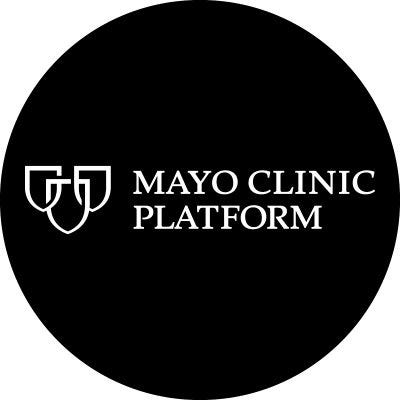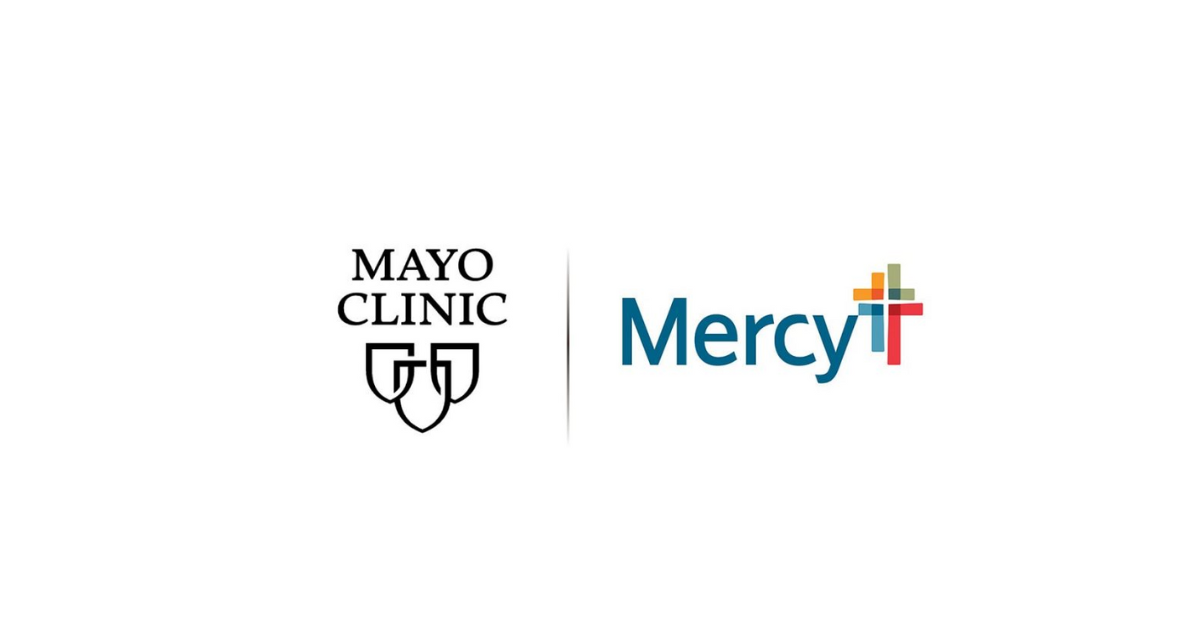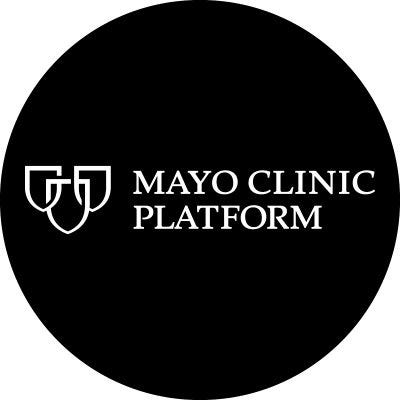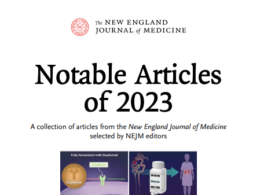Health Transformation Institute (HTI)
research institute, knowledge portal
& advisory consulting
Joaquim Cardoso MSc
Chief Researcher, Editor
& Advisor
December 30, 2022
This is a republication of the article “ Trending for 2023: Data that matters”, with the title above. This post is preceded by an Executive Summary, by the Editor of the Site — Joaquim Cardoso MSc.
Executive Summary
What is the retrospective of the year — 2022?
- In 2022, the health care sector faced significant challenges that will continue into 2023 and require significant innovation.
- As we look to 2023, three positive main trends — reducing bias in AI, blurring the lines between care settings, and increasing access to clinical trials — will present innovative opportunities for new forms of care.
- At the same time, efforts to ensure care quality, patient expectations, and advancements in new cures remain top of mind for health care providers and other operators.
- Clinicians will need more and diversified data, placing a priority on more effective and trustworthy artificial intelligence (AI) models.
What are the predictions for next year — 2023?
- Reducing bias in AI and increasing data transparency will be imperative as we look to the year ahead.
- Bias in AI is not only a serious threat to health equity, but also to the long-term success of AI as a dynamic tool for patients, providers, and other health care innovators.
- Solving the issue of bias in AI requires us to think differently about how we build and use these cutting-edge tools.
- To be successful, innovations in health care require, above all, trust that they will provide better outcomes for patients.
- As a result, we must pursue nontraditional initiatives to achieve more breadth and more transparency within AI models.
Outline of the publication:
- The Role of Platform Thinking
- Making Data Stronger Together
- Looking Ahead
Looking Ahead
- In 2023, as health care looks for innovative solutions to provide more care to more patients, unbiased health care must remain front of mind.
- As more sophisticated digital tools are developed, it is incumbent upon health leaders to advocate for standards that ensure underserved populations have access to these transformative care options.
- By collectively prioritizing more data, and more effective and trustworthy AI, we will be able to combat existing biases and improve outcomes for all.
- Coming together in a nonhierarchical platform approach we can work toward the transformation of health care for people everywhere.
ORIGINAL PUBLICATION

Trending for 2023: Data that matters
Linkedin
Gianrico Farrugia
December 20, 2022
Part 1: How Mayo’s platform approach to health care is leading transformative solutions to solve for three of the preeminent health care trends for the year ahead
In 2022, the health care sector faced significant challenges that will continue into 2023 and require significant innovation.
As we look to 2023, three positive main trends — reducing bias in AI, blurring the lines between care settings, and increasing access to clinical trials — will present innovative opportunities for new forms of care.
At the same time, efforts to ensure care quality, patient expectations, and advancements in new cures remain top of mind for health care providers and other operators.
Clinicians will need more and diversified data, placing a priority on more effective and trustworthy artificial intelligence (AI) models.
Reducing bias in AI and increasing data transparency will be imperative as we look to the year ahead.
This will be increasingly impossible to ignore as AI integrates further into health care decision making and if AI is to uphold the promise of amplifying clinicians’ skills and knowledge to find patterns in data that go beyond our current capabilities.
Bias in AI is not only a serious threat to health equity, but also to the long-term success of AI as a dynamic tool for patients, providers, and other health care innovators.
To be successful, innovations in health care require, above all, trust that they will provide better outcomes for patients.
As a result, we must pursue nontraditional initiatives to achieve more breadth and more transparency within AI models.
Bias in AI is not only a serious threat to health equity, but also to the long-term success of AI as a dynamic tool for patients, providers, and other health care innovators.
To be successful, innovations in health care require, above all, trust that they will provide better outcomes for patients. As a result, we must pursue nontraditional initiatives to achieve more breadth and more transparency within AI models.
Bias in AI can, in part, be attributed to missing patient data from underrepresented patient groups, even as developers and data scientists are constructing models intended to provide accurate, unbiased medical care.
Data from these underrepresented patient groups are missing due to long-standing barriers to health care, including lack of access and distrust in sharing of data, among others.
Like any tool in health care, the success of AI is predicated on its effectiveness and accuracy.
A model that does not perform equally well across patient categories, such as BMI, is deleterious to the patient category it does poorly in, and it diminishes trust in all of AI.
One study published in JAMA showed a poor algorithm performance for the overweight, which significantly overestimated the risk of atherosclerotic cardiovascular disease in individuals with higher body mass index.
These types of biases can lead to incorrect diagnoses and other serious risks for patients, as well as a basic lack of trust.
Solving the issue of bias in AI requires us to think differently about how we build and use these cutting-edge tools.
…. some biases can lead to incorrect diagnoses and other serious risks for patients, as well as a basic lack of trust.
Solving the issue of bias in AI requires us to think differently about how we build and use these cutting-edge tools.
Outline of the publication
- Introduction
- The Role of Platform Thinking
- Making Data Stronger Together
- Looking Ahead

The Role of Platform Thinking
Mayo Clinic is using and advocating for a platform approach to create transformative solutions to roadblocks such as AI bias, ensuring that cutting-edge technologies provide better care for all patients, regardless of background.
We also know that we cannot solve this problem alone, which is why we must move away from the traditional, linear pipeline-service-model thinking and to a platform approach, …
… one where producers and consumers from across health care can collaborate around shared data to create new insights and solve systemic challenges such as bias in AI.
Mayo Clinic Platform_Validate
The Mayo Clinic Platform, the first comprehensive platform in health care, recently launched a new product, Validate, …
… dedicated to improving AI accuracy and eliminating susceptibility to bias, allowing users to test any algorithm for bias against extensive datasets from more than ten million patients, …
… providing an objective report of performance under different constraints like racial, gender, and socioeconomic demographics.
By expanding Validate to new users and collaborators, tested AI models are gaining credibility and trust, helping to accelerate their adoption into clinical practice.

Making Data Stronger Together
Mayo Clinic and Mercy
Partnership and collaboration are foundational to success as platform thinkers and are a crucial key to advancing data-driven health care.
For example, this summer Mayo Clinic announced a 10-year collaboration between Mayo Clinic and Mercy that will utilize deidentified patient data across both organizations to help diagnose disease earlier and drive new insights and discoveries.
…Mayo Clinic announced a 10-year collaboration between Mayo Clinic and Mercy that will utilize deidentified patient data across both organizations …
… to help diagnose disease earlier and drive new insights and discoveries.
By pooling our data and digital resources, Mayo and Mercy can draw on broader data populations and geographic locations, …
… improving model accuracy, reducing model bias, and creating more diverse and stronger treatment recommendations to ultimately improve outcomes.
By analyzing millions more deidentified patient encounters across the platform, the impact of this collaboration will extend beyond Mayo Clinic and Mercy and to other collaborators and patients in need.
The Coalition for Health AI
The successful adoption of effective, bias-free AI will also require strong rules and norms for all of health care.
To do that, leading organizations must advocate for the fair and equitable use of AI across the sector.
Alongside other cofounding health systems, industry organizations, and U.S. federal observers, Mayo Clinic is pushing for such rules and norms and more equitable outcomes for all populations through the Coalition for Health AI (CHAI).
Alongside other cofounding health systems, industry organizations, and U.S. federal observers, Mayo Clinic is pushing for rules and norms, and more equitable outcomes for all populations through the Coalition for Health AI (CHAI).
Comprised of expert AI practitioners and data scientists, CHAI is building a consensus-driven framework to define core principles and criteria for health AI developers, end-users, and health care organizations to evaluate, monitor, and report health AI systems throughout their lifecycle.
Through this work and the below approach, CHAI is making AI in health care more transparent, effective, and trustworthy for the entire sector.
AI Education and Enablement
A transformational platform approach, and cutting-edge new tools, will require significant effort to fully integrate them into existing workflows and infrastructures.
Mayo Clinic’s Department of Artificial Intelligence and Informatics is working to develop best-in-class AI training, research, and translational programs, making access to AI education a standard practice.
By increasing access to expertise and training in AI, the department is strengthening the adoption of and trust in AI while simultaneously developing new algorithms to drive impactful insights into health and disease.
By increasing access to expertise and training in AI, the department is strengthening the adoption of and trust in AI while simultaneously developing new algorithms to drive impactful insights into health and disease.
Pairing clinical expertise with ongoing learning experiences for the workforce can help address some of the biggest challenges AI is facing as it evolves and continues to combat the risk of bias.

Looking Ahead
In 2023, as health care looks for innovative solutions to provide more care to more patients, unbiased health care must remain front of mind.
As more sophisticated digital tools are developed, it is incumbent upon health leaders to advocate for standards that ensure underserved populations have access to these transformative care options.
By collectively prioritizing more data, and more effective and trustworthy AI, we will be able to combat existing biases and improve outcomes for all.
Coming together in a nonhierarchical platform approach we can work toward the transformation of health care for people everywhere.
Stay tuned for parts two and three of my three-part article series covering 2023’s top trends in health care.
As more sophisticated digital tools are developed, it is incumbent upon health leaders to advocate for standards that ensure underserved populations have access to these transformative care options.
By collectively prioritizing more data, and more effective and trustworthy AI, we will be able to combat existing biases and improve outcomes for all.
Coming together in a nonhierarchical platform approach we can work toward the transformation of health care for people everywhere.
Originally published at https://www.linkedin.com.












